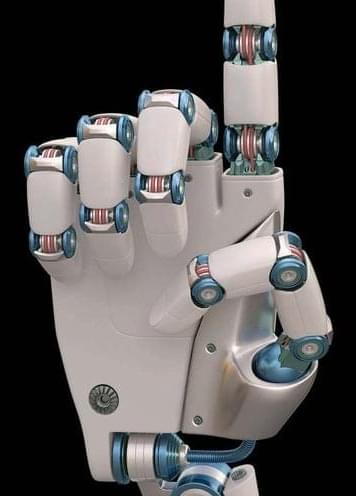The accuracy of pedestrian identification was reduced by 57% when the students tested the outfit on on-campus security cameras.
According to the South China Morning Post (SCMP), Chinese students have successfully developed a coat that can make people invisible to security cameras. So the SCMP story goes, the coat looks the same as regular camouflaged clothing, but it can trick digital cameras, especially ones with AI.
This is achieved, so it is claimed, by virtue of the patterning of the coat that was developed using a complex algorithm. The coat also comes with inbuilt thermal devices that can emit various temperatures at night.






 עברית (Hebrew)
עברית (Hebrew)